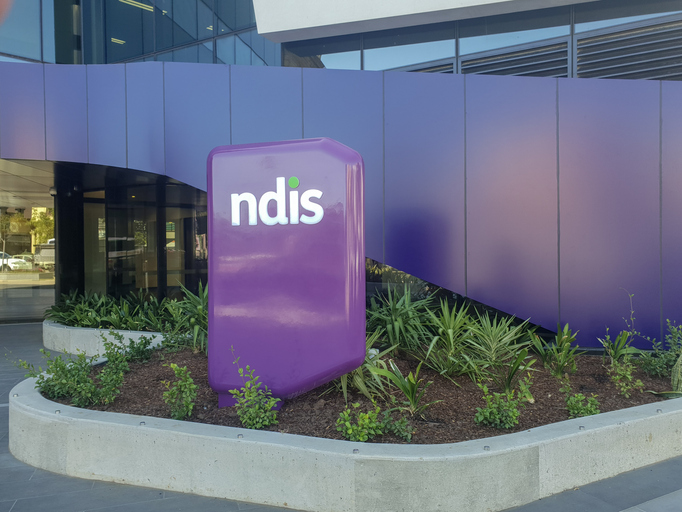
Flinders University has launched its supported decision-making toolkit and practical resources website for people with disability and the people who support them.
The new toolkit is designed to ensure people with disability are not left out of decision-making that impacts their lives while increasing their quality of life and enabling tailored support by practitioners.
The Australian Government awarded an administered grant to Flinders University to develop the resources that will empower NDIS participants to have more say, choice and control in the development of their behaviour support plans.
The toolkit will also provide practical guidance to providers to improve the quality of their support to participants through Supported Decision-Making about behaviour support plans.
Minister for the NDIS, the Hon. Bill Shorten, commended Flinders University on its work alongside the University of New South Wales and the Council for Intellectual Disability to develop the toolkit.
“People with disability deserve more choice and control in their lives and their behaviour support,” Minister Shorten said.
“After a review of more than 2,700 behaviour support plans, the NDIS Quality and Safeguards Commission found that only 32% of plans showed evidence that participants and family members had been consulted with during the development of their plan.
“The Deciding with Support website provides the required tools, resources and guidance to inform positive engagement between participants and their providers during the development of behaviour support plans.”

Project leader, Flinders University Professor Sally Robinson, says the new toolkit has been co-designed and tested by people with disability and behaviour practitioners to ensure it empowers them with more choice and control in their lives.
“Supported decision-making is about enabling people with disability to make decisions for themselves,” Ms Robinson said.
“It’s about making adjustments or changes to the way people receive information, so practitioners also feel more confident the support being provided is what the person wants.
“Too often, people with disability can be left out of decision-making as their behaviour support plans are developed, implemented and reviewed.
“The deciding with support website provides practical resources, tips and information to build strong foundations in the decision-making process for behaviour support plans.
“This includes accessible and easy-read worksheets and templates to record important information a person with disability wants to communicate with their behaviour support team.
“The website also contains case studies, videos and audio recordings which provide stories and examples for providers, practitioners and people with disability of how to build positive and trusting relationships and how to find ways to work well together.”
The toolkit and supporting resources can be accessed through the ‘Deciding with Support’ website here: https://decidingwithsupport.flinders.edu.au/
NDIS Commission is holding a webinar for providers, participants and their supporters on 28 November 2023.

